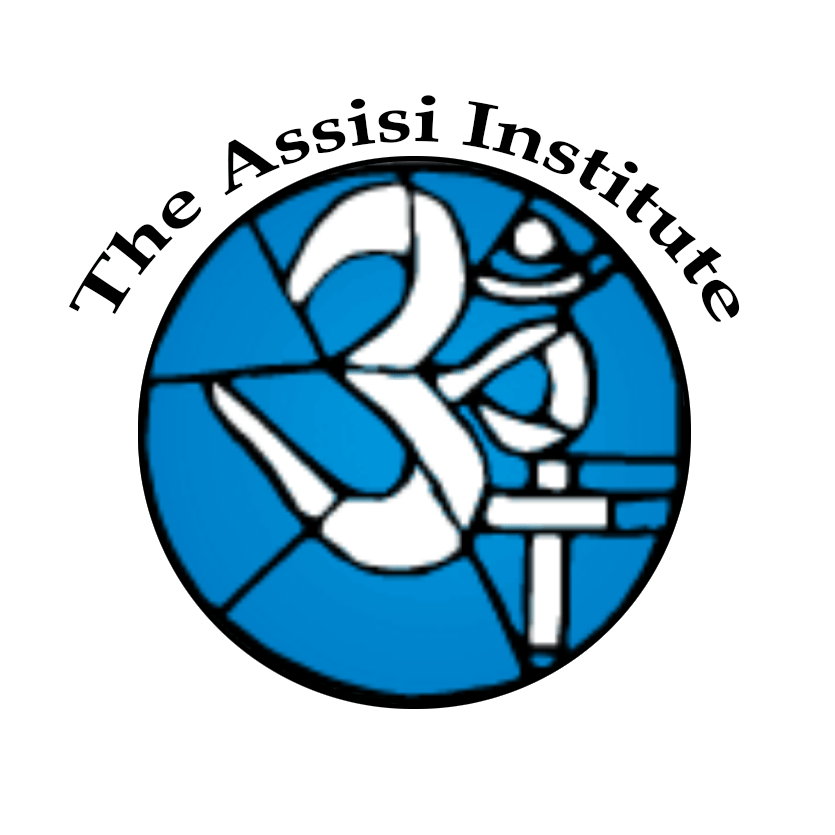The spiritual life is about moving our center of gravity from the surface self, the egoic personality, to the deep self, the soul. This movement can only happen within a milieu of childlike trust born of love. The problem, however, is that the surface self is fueled by anxiety, fear, and a profound sense of inadequacy because it most often experiences itself as separate from the soul, God, and love itself. From this isolation, the surface self desperately clings to its happiness projects. Examples abound: I need lots of money to feel secure; I need to find my soulmate in order to be happy; I need a certain amount of success, notoriety, or approval from others to feel good about myself; I need to be in complete control of all circumstances in order to feel safe; I need to be perfect in order for God to love me; I must watch out for number one, myself; It is better to be safe than sorry, and so forth. The surface self will surrender to the soul only when it internalizes Jesus’ words about the fall of a sparrow. Only love can free us to let go into our own souls, into God.
In this passage, the first truth that Jesus underscores is that God does exist, and you and I are not God. While this might seem obvious, the reality is that the fundamental temptation we humans face is the impulse to play God, bowing to our own limited understanding and making ourselves and our unenlightened whims the center of the universe. Yielding to these attitudes is a recipe for narcissism, nihilism, and great suffering.
The picture of God that Jesus presents to us is not a faceless, uncaring God. No, Jesus’ God is so personal that he is “Father.” Yogananda, who understood God as the Divine Mother, tells us that we all need a sense of God that is personal and lovable. Regardless if we relate more to God as Father or Mother, both iconic images point to the truth that God dearly and uniquely loves each one of us.
Sometimes people tell me they think that God is too busy to notice them or to be concerned with their petty needs; to this, Jesus says, “nonsense,” in a manner of speaking. God is aware of the lowest of birds, the common sparrow. Even the hairs on our head are numbered and known by God. St. Bonaventure tells us, “God’s center is everywhere and his circumference is nowhere,” which means that we exist in the very center of the attention and consciousness of God. Prayerfully read Psalm 136 from the Jewish scriptures:
LORD, you have searched me and you know me;
You know when I sit down and when I get up;
You understand my thoughts from far away.
You scrutinize my path and my lying down,
And are acquainted with all my ways.
Even before there is a word on my tongue behold, LORD, You know it all.
You have encircled me behind and in front,
And placed Your hand upon me.
Such knowledge is too wonderful for me;
It is too high, I cannot comprehend it.
Where can I go from Your Spirit?
Or where can I flee from Your presence?
If I ascend to heaven, You are there;
If I make my bed in Sheol, behold, You are there.
If I take up the wings of the dawn,
If I dwell in the remotest part of the sea,
Even there Your hand will lead me,
And Your right hand will take hold of me.
According to Jesus, not only is God aware of the lowly sparrow, but not one falls to the ground without the Father’s consent. We have free will, but our free will is always limited and never absolute. God‘s will, by contrast, is absolute and unbounded. Therefore, God can take even the worst of our decisions and work through them using everything to serve our highest evolution, including our so-called suffering. Remember, nothing happens to us, only for us. Anandamayi Ma tells us,
“One is born to experience various kinds of joys and sorrows according to one’s desire. For the time being, God comes to you in the disguise of suffering. He is purifying you in this manner. The suffering is for your own best. A mother gives a slap to her beloved child for its own good, in order to keep it on the right path. When a fond mother gives her baby a bath, the child may scream desperately, yet the mother will not let the baby go until she has thoroughly washed and scrubbed him…. Always bear this in mind: Everything is in God’s hands, and you are His tool to be used by Him as He pleases. Try to grasp the significance of the words, ‘All Is His,’ and you will immediately feel free from all burdens.”
How do we experience the truths that Jesus is teaching and make them a real part of our lives? Of course, prayer, meditation, a moral life, and selfless service all lead us into the consciousness of Jesus. And I suggest that you try an experiment of sorts: live as though Jesus‘ words are true. If we wholeheartedly live in this way, we will inevitably discover the truth of what Jesus taught. Finally and perhaps most importantly, we must abandon ourselves to the will of God whether we understand it or not. In any and all circumstances, be they painful or pleasurable, God is working to evolve us, liberate us, and divinize us. The Christian Bible asserts this truth in the beautiful words from Romans 8:28, “All things work together for the good.”
I invite you to pray and meditate with these words from an enlightened Yogi:
I am just an ordinary man;
I have left myself and my life in the hands of God.
If God can manage millions of stars,
Millions of planets,
Millions of solar systems,
God can manage my life too.
This truth has given me tremendous blissfulness.






